First, there is a proliferation of misinformation, particularly on social media, which exploded after the pandemic. During the pandemic, conflicting messages about treatments, vaccines, and the virus itself led to confusion and mistrust among the public. Patients felt that physicians were either not fully informed or even misinformed where the virus originated.
There were organized efforts to spread false information, sometimes driven by political or financial motives, which further eroded trust in the entire healthcare system. Some patients began questioning the integrity and honesty of medical professionals who endorsed public health measures or vaccines.
As scientific understanding of COVID-19 evolved, public health guidelines and medical advice also changed. While this is a natural part of medical progress, the frequent changes in the advice we gave our patients were perceived as inconsistency or incompetence, ultimately leading to skepticism.
Health organizations, government bodies, and even individual doctors sometimes give conflicting advice. This lack of a unified message undermines public confidence and leads to a loss of trust in medical professionals.
The pandemic became highly politicized, with public health measures like mask-wearing and vaccination becoming divisive. Physicians who advocated for these measures were sometimes viewed as biased, leading some patients to distrust the physician's motives.
In some cases, physicians were pressured to align with political viewpoints, which could lead to the perception that they were not acting independently or in the best interest of their patients.
The healthcare systems became overwhelmed, and there were shortages of medical supplies, such as a decrease in the supply of N95 masks and personal protective equipment (PPE). Then, there was a slow rollout of vaccines, which contributed to a perception of failure of the entire healthcare system. Individual physicians were sometimes blamed for issues that were beyond their control.
The pandemic also exacerbated existing health disparities. Some communities, particularly those of lower socioeconomic status or minority groups, felt neglected or mistreated by the healthcare system, leading to a greater distrust of medical professionals.
The pandemic took a significant toll on mental health, with many patients feeling isolated, anxious, and stressed. In some cases, patients felt that their emotional and psychological needs were not adequately addressed by physicians, leading to feelings of neglect or dissatisfaction. Physicians also experienced hardships and mental health issues. This was illuminated on April 16, 2020, when an emergency room physician, Dr. Lorna Breen, took her own life because of exhaustion caring for COVID patients.
The economic strain caused by the pandemic, including job losses and costly medical bills, increased patients' frustration, and resentment of the healthcare system. Some saw the healthcare industry, including physicians, as profit-driven rather than patient-focused.
The shift to telemedicine during and after the pandemic sometimes led to a less personal connection between patients and physicians. The lack of in-person interaction made building and maintaining trust more challenging.
Many physicians were overworked and overwhelmed during the pandemic, which could have led to less effective communication and a perceived lack of empathy, further eroding trust.
Bottom Line: The loss of trust in physicians during and following the COVID-19 pandemic is a complex issue rooted in the intersection of misinformation, inconsistent messaging, political polarization, systemic healthcare failures, and communication challenges. Rebuilding this trust requires efforts from both individual physicians and the entire healthcare system. In the next blog, I will discuss suggestions for rebuilding the trust we enjoyed before the pandemic.
15% Off Medical Practice Supplies
VIEW ALL
 Manual Prescription Pad (Large - Yellow)
Manual Prescription Pad (Large - Yellow) Manual Prescription Pad (Large - Pink)
Manual Prescription Pad (Large - Pink) Manual Prescription Pads (Bright Orange)
Manual Prescription Pads (Bright Orange) Manual Prescription Pads (Light Pink)
Manual Prescription Pads (Light Pink) Manual Prescription Pads (Light Yellow)
Manual Prescription Pads (Light Yellow) Manual Prescription Pad (Large - Blue)
Manual Prescription Pad (Large - Blue)__________________________________________________
Appointment Reminder Cards
$44.05
15% Off
$56.30
15% Off
$44.05
15% Off
$44.05
15% Off
$56.30
15% Off








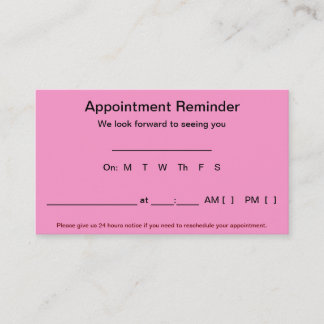
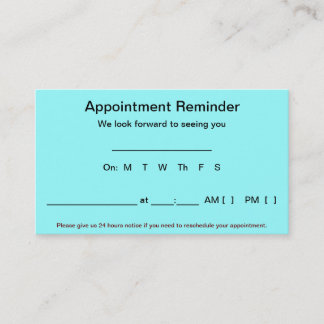
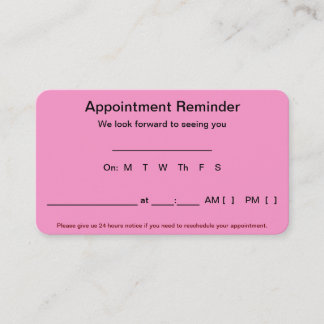
No comments:
Post a Comment